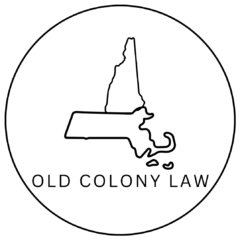CommonWealth Magazine covers two different perspectives on the day the Healey Administration released its tax relief package, which included raising the Massachusetts estate tax exemption:
TWO OF THE state’s leading budget analysts are split on whether Gov. Maura Healey’s tax reform package will make the state more competitive in retaining and attracting wealthy residents.
On The Codcast, Doug Howgate, president of the business-backed Massachusetts Taxpayers Foundation, said passage of the millionaire tax in November has the potential to drive wealthier residents out of state, so cuts in other taxes are needed to convince them to stay put.
“The Massachusetts estate tax, income tax rates on small businesses, and capital gains rates do not make sense following the passage of the surtax. Reducing these taxes must be a core part of tax relief,” the foundation said in a recent report.
Gov. Maura Healey agrees. On Monday morning, following the Friday taping of The Codcast, Healey came out in support of a package that provides tax relief to parents, renters, and seniors and eliminates the special 12 percent rate for short-term capital gains and scales back the reach of the estate tax.
Howgate said the capital gains and estate taxes are outliers compared to the tax policies of other states and need to be eliminated or reduced to enhance the state’s competitiveness in retaining and attracting wealthy residents.
Evan Horowitz, executive director of the Center for State Policy Analysis at Tufts University, agreed the two taxes are outliers but said they have little to do with the state’s competitiveness.
“Sometimes tax cuts that benefit wealthy people also are important for competitiveness. Sometimes they’re not — they’re just tax cuts that benefit wealthy people,” he said.
Horowitz estimated the millionaire tax affects 0.6 percent of Massachusetts households, a group that tends to be younger and in their prime earning years. “We do want to keep those people. There is a competitiveness concern around those people,” he said.
But he said the people who pay the estate tax are a different group of people – they are either dead or nearing death and planning for it financially. He said that group of people tends to be beyond their prime earning years.
This post is a part of Old Colony Law’s Estate Tax Updates.
